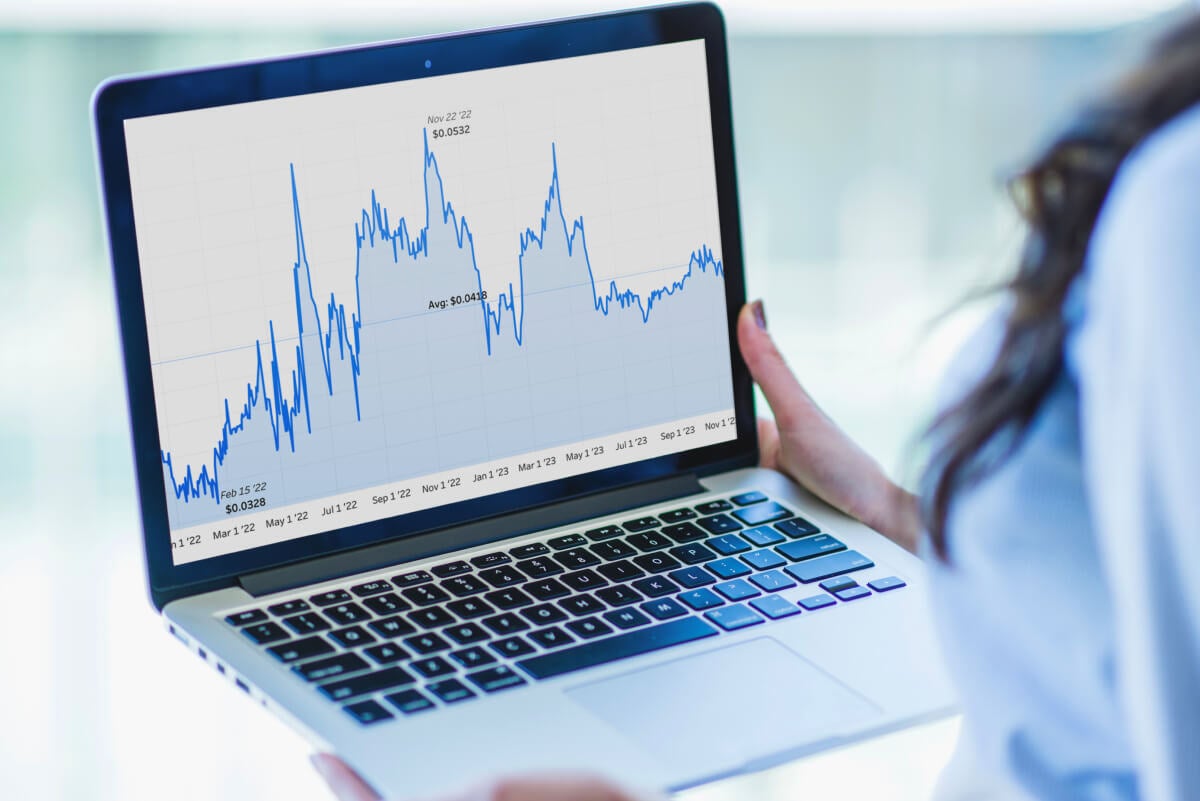How Does Energy Buying Work?
When it comes to buying energy, the process might seem as simple as paying your monthly utility bill. But in deregulated markets, you actually have a choice in how and where you buy energy, and that decision can have a major impact on your costs and overall strategy. Let’s break it down into two key options: buying through the utility or purchasing on the open market.
Option 1: Buying Through the Utility
This is the default method for most companies. If you’ve never made a proactive choice about your energy purchasing, you’re likely buying through the utility.
- How It Works: The utility purchases energy on your behalf at wholesale prices, adds their margin, and provides a fixed rate for your energy use. You pay whatever rate they set, which fluctuates based on supply and demand in the market.
- The Upside: It’s simple. You don’t need to think about contracts, suppliers, or market trends. The utility handles everything.
- The Downside: You have no control over the price or timing of the purchase. Utilities don’t work to get you the best rate—they simply pass along their costs with added fees. Over time, this lack of strategy often leads to overspending.
Option 2: Buying on the Open Market
In deregulated markets, companies can choose to bypass the utility and buy energy directly from suppliers on the open market. This approach offers more control but requires expertise to navigate effectively.
-
How It Works:
- You partner with an energy broker or procurement expert.
- The broker connects you with a network of energy suppliers, who bid to offer the best rates and terms for your needs.
- Together, you develop a strategy to determine the right type of contract (fixed, index, or block and index), timing, and supplier to align with your goals.
- Once you lock in a contract, the supplier delivers the energy, while the utility maintains the physical infrastructure (like power lines).
-
The Upside: You gain control over how and when you buy energy, which can lead to significant savings. With expert guidance, you can time your purchases to align with favorable market conditions and choose contract structures that match your budget and risk tolerance.
-
The Downside: It requires expertise to get it right. Without the right data or strategy, you could make decisions that cost you more in the long run.
Who Physically Does the Buying?
- Utility Purchases: If you stick with the utility, they handle all the purchasing. You’re essentially taking a back seat and trusting their rates.
- Broker-Assisted Purchases: On the open market, brokers act as your guide. They bring the data, market insights, and supplier connections you need to make smarter decisions. Their job is to ensure you’re not just getting energy but getting it in the smartest way possible.
Why Does It Matter?
Energy is one of the most controllable expenses for many businesses, but only if you’re intentional about how you purchase it. The utility offers convenience, but the open market gives you options—and options mean opportunities for savings, control, and long-term success.
The choice is yours: Stay with the status quo, or take control of your energy purchasing with a broker who knows how to maximize value.



